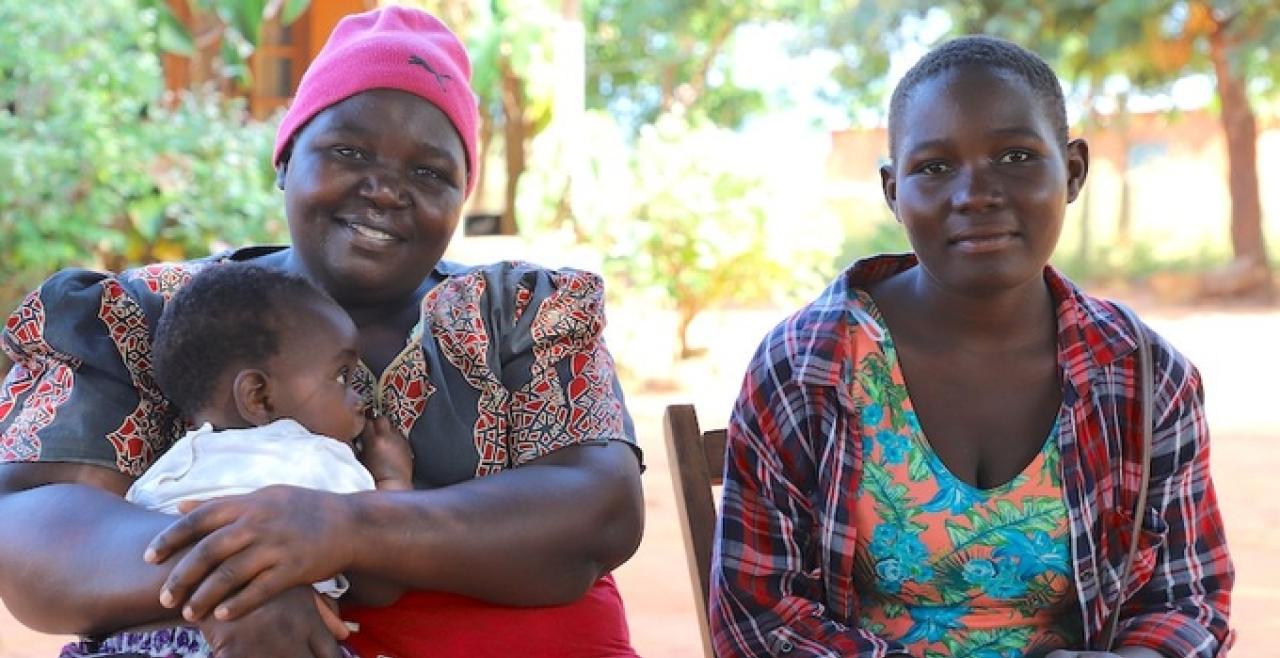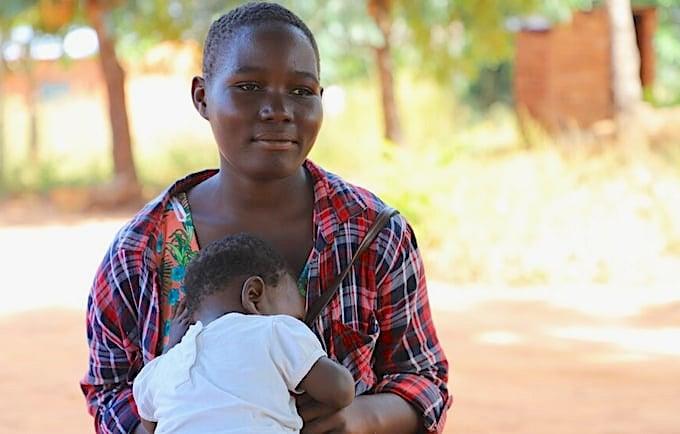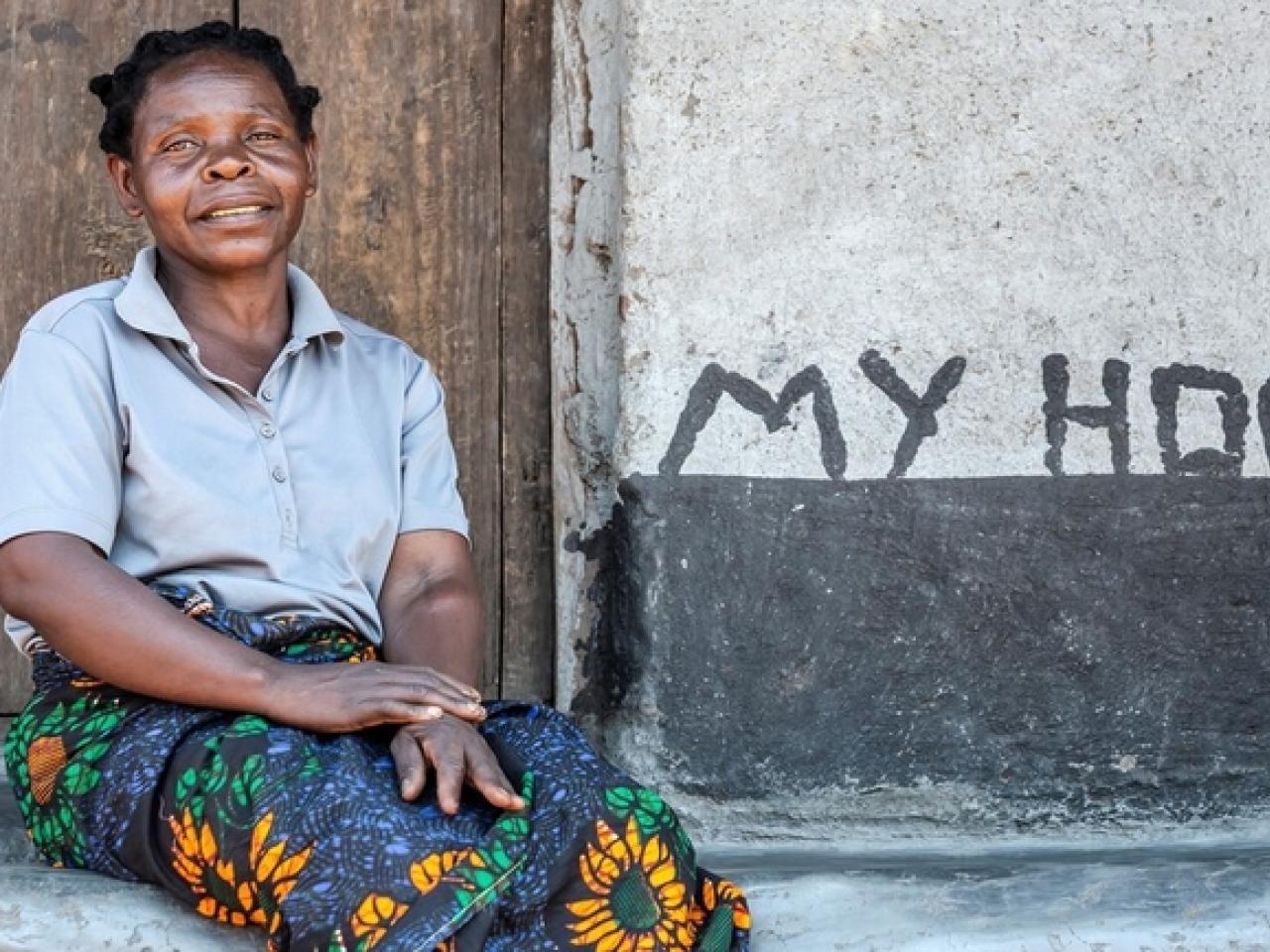In Malawi, restoring hope and dignity for young mothers with devastating childbirth injuries

NKHATA BAY, Malawi – Margaret Kumwenda was worried. Her teenage daughter, Jacqueline, had been missing from home for two weeks. Her 15-year-old daughter had disappeared before, but this time, when she returned, she refused to disclose where she had been.
Ms. Kumwenda later learned that her daughter was in love with a boy from another village, and it was to him that she went when she ran away from home.
With counselling, Jacqueline stopped returning home late and went back to her studies. But this didn’t last long.
One day, Ms. Kumwenda returned home to find Jacqueline’s room was empty of all her belongings. “We tried looking for her, but to no avail,” she said.
Later, she learned that Jacqueline and her boyfriend had moved to Mzimba district, but she could not find out their exact location.
A mother’s love
For two years, Ms. Kumwenda had no word from her daughter. “I tried all I could to locate her but it seemed she didn’t want to be found,” she said.
Just when she had given up hope, she received an anonymous phone call alerting her that Jacqueline was unwell. Too afraid to face his mother-in-law, the girl’s husband had relayed a message through someone else that Jacqueline wanted to return to her mother.
When Jacqueline arrived home, she was not in good health. She told her mother that she had given birth to a daughter and soon after, had started leaking urine and faeces. For months, she stayed indoors – until her husband decided to send her back to her mother.
Seeing the physical and mental difficulties her daughter experienced was devastating. “I didn’t know what to do,” said Ms. Kumwenda. “I remembered that there was a woman in our community who always talked about a similar condition, and how she can help to get it treated.”
"I remembered that there was a woman in our community who always talked about a similar condition, and how she can help to get it treated.” - Margaret Kumwenda, mother
She visited the woman, who is a fistula ambassador under the Spotlight Initiative, and the woman offered to help her daughter. “She agreed to come to our house the next day,” she said.
Ms. Kumwenda accompanied Jacqueline to Nkhata bay district hospital for a clinical assessment, which showed that her daughter had an obstetric fistula. This is a hole that forms between the birth canal and bladder or rectum, after a long, obstructed labour.
Thankfully, Jacqueline’s fistula was not a complex one, and the repair could be handled at the district health office. After successful surgery, Jacqueline is finally free from fistula.
Healing fistulas through surgery
In Nkhata bay, many adolescent girls and young women marry at an early age, which leaves them vulnerable to physical violence and harmful practices. This increases their chance of unintended, mistimed and higher-risk pregnancies. Recent statistics show that than one in two girls are married before the age of 18, which increases their risk of developing a fistula.
Through the Spotlight Initiative, UNFPA, the sexual and reproductive health agency, is working with Nkhata bay district council to help empower adolescent girls and women with knowledge and skills on sexual and reproductive health, and gender-based violence, to make informed decisions and to exercise their rights.
In 2022, the Spotlight Initiative supported the repair of 11 fistula cases in Nkhata bay district.
Originally published by UNFPA.


